
Frequent Urination with Atrial Fibrillation : 3 Reasons You need to know
-
- Dr. Junaid Arshad
- November 25, 2021
- 1 comments
Does Afib make You Pee A lot
Introduction
The term Atrial fibrillation refers to a disease of an abnormal heart rhythm.
It is the most common sustained arrhythmia of the heart and is characterized by an irregular and fast heart rate.
Atrial fibrillation can have widespread presentations ranging from totally asymptomatic to life-threatening complications like stroke & heart failure.
Frequent need to urinate with an episode of atrial fibrillation is a rare but known symptom & can be very bothersome for the patients, making them urinate every 20 mins.
Data regarding the exact percentage of patients with AF who experience this symptom is unknown.
It occurs more frequently in patients with paroxysmal AF during the early phase of each episode and usually settles on its own when a patient remains in AF for some time.
Here are 3 reasons AF can make you urinate frequently.
#1. Atrial Natriuretic Peptide (ANP)
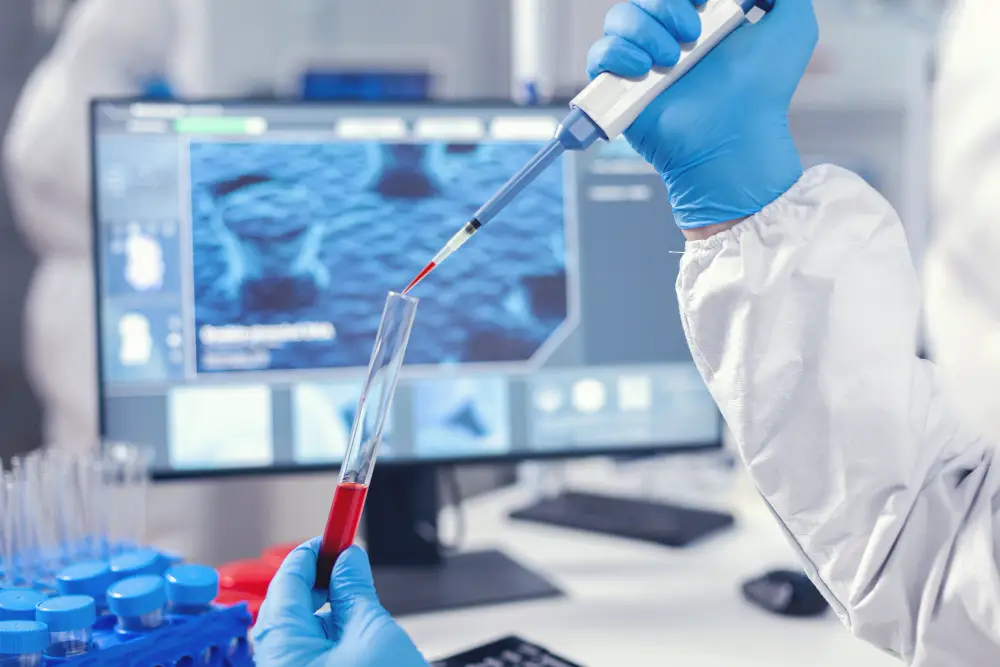
Increased production of the Atrial Natriuretic Peptide (ANP) with an episode of AF is the leading cause of excessive urination.
ANP is a peptide hormone produced by the heart cells in the atria due to increased stress on atrial walls.
With atrial fibrillation, the contraction of the atria gets irregular and ineffective which causes stasis & pooling of blood in it, which puts extra stress on atrial walls and increases the production of ANP.
ANP increases water excretion via the kidneys by inhibiting the reabsorption of sodium.
The unabsorbed sodium pulls water along with it and is responsible for increased urine formation.
#2. Urinary tract infection (UTI)

Another reason you need to micturate frequently with AF could be a urinary tract infection or a UTI.
UTI is one of the most common infections, particularly in women and 50-60% of women have to face it at some time in their life.
Infection and inflammation are well known to be associated with the development of AF, as suggested by the increased levels of CRP and interleukins in such patients.
There is a possibility that a patient experiencing excessive urination with a new onset AF might be having an underlying UTI and its the infection that has triggered the AF.
Frequent urination is one of the most common symptoms of a UTI.
A clinical clue can help differentiate if AF or a UTI is causing excessive urination.
In case of UTI symptoms of excessive urination would persist as long as the infection is there.
But with AF it is present only transiently during the early phase of an episode & usually settles after some time.
#3. Diabetes
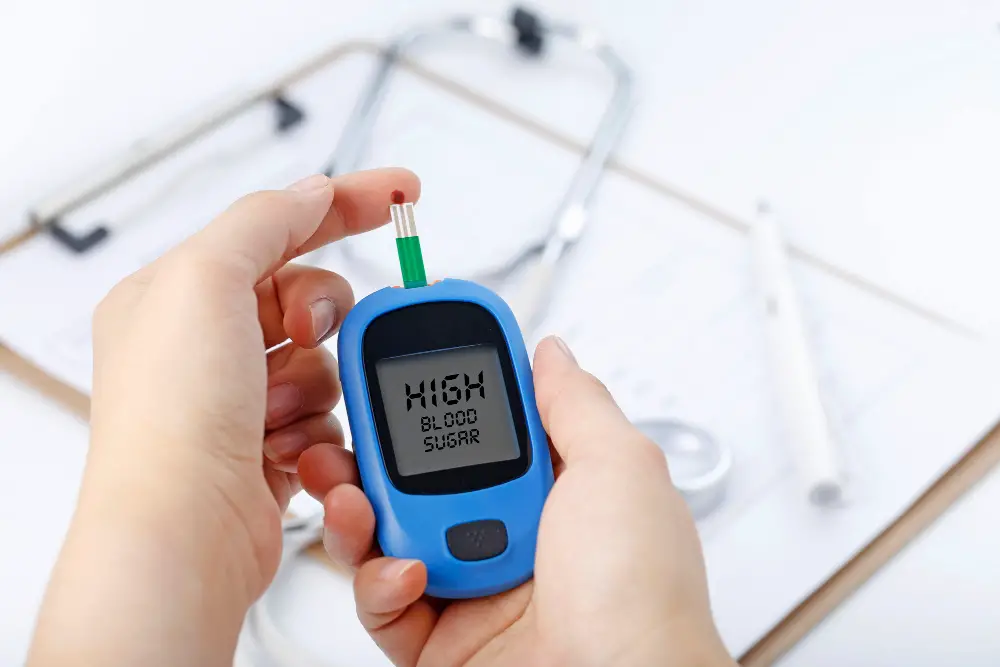
Diabetes mellitus is an independent risk factor for the development of AF.
Patients with type-II diabetes have a 15% additional risk of AF.
And one of the very common symptoms of diabetes is dry mouth and frequent urination.
So a patient with AF might be having excessive urination because of diabetes which has not yet been diagnosed.
Now the same clinical clue mentioned in the UTI section can help differentiate the cause of excessive urination, whether it’s AF or underlying diabetes.
So with diabetes, the symptoms of increased urination would be persistent as compared to a transient one with AF
Here are 2 more reasons you need to consider if you need to pee a lot with atrial fibrillation
#4. Use of Diuretics
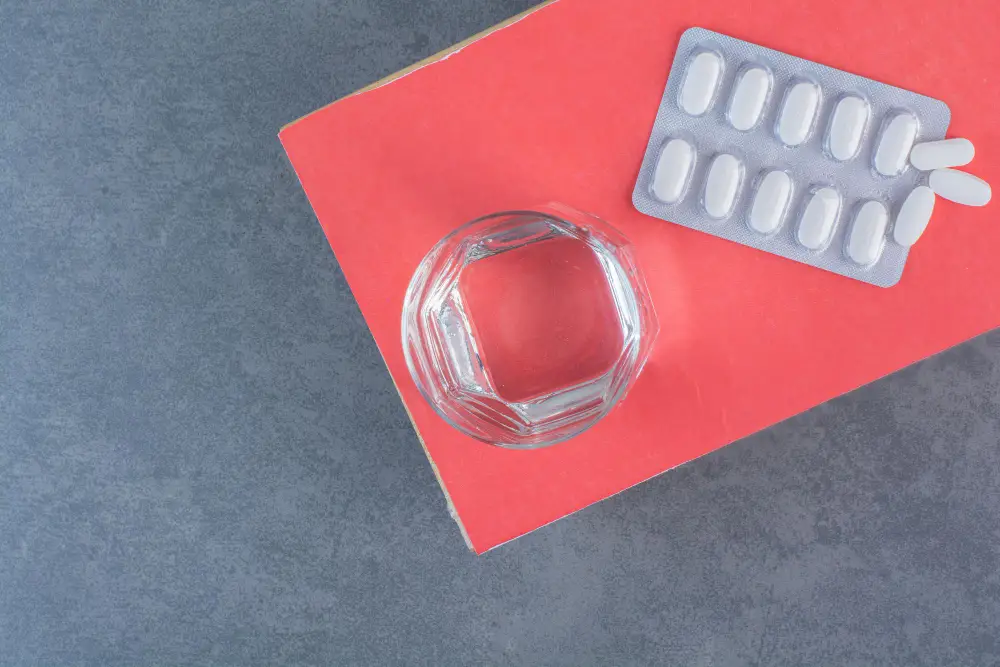
Diuretics are medications that increase urine production and help the body get rid of excessive fluid.
They are commonly prescribed in patients with atrial fibrillation and can be one of the reasons for increased urination.
Patients with atrial fibrillation experience shortness of breath and fluid overload in the form of pulmonary edema that require diuretics.
Other indications of diuretics in patients with afib include heart failure, mitral stenosis, & history of pulmonary edema.
Commonly used diuretics include furosemide(Lasix), spironolactone, a combination lasix and spironolactone(spiromide), hydrochlorothiazide, etc.
Patients who are advised diuretics should take them regularly.
Frequent urination is an annoying symptom and may sometimes lead to noncompliance with medication that can have harmful effects.
The consequences of stopping lasix(furosemide) are discussed in detail in a separate article. Click here
#5. Anxiety

Every individual wants to live a healthy life.
Health indeed is a priceless blessing of GOD.
Just like any disease, afib also makes a person anxious.
Especially when a paroxysmal episode of fast afib comes & the patient experiences palpitations, shortness of breath, & apprehension, he gets really anxious.
Anxiety can increase the frequency of urination in some individuals through a process known as “nervous bladder.”
This can happen because anxiety can cause the muscles in the bladder to contract more frequently and strongly, leading to a feeling of urgency to urinate.
Additionally, anxiety can also activate the body’s fight-or-flight response, which can cause the release of adrenaline and other stress hormones.
These hormones can increase heart rate and blood pressure, and also stimulate the bladder and increase urine production.
It’s important to note that frequent urination due to anxiety is a common symptom and can be managed with appropriate treatment.
This may include lifestyle changes, such as stress management techniques and relaxation exercises, as well as medications such as antianxiety drugs.
The ultimate solution here is the treatment of afib.
What to do if someone is having excessive urination with AF?
Treat your AF
If you are experiencing excessive urination with AF you need not worry.
Because if it is just because of AF, it’ll go away soon.
All you need is to treat your AF aggressively.
In addition, get yourself tested for diabetes and a urinary tract infection.
Because treating both these conditions can help you get rid of frequent urination.
Test for a UTI
A simple test called Urine RE can do the job for you.
Look for the number of pus cells, if more than 10 are there, consult your doctor for treatment.
Test for diabetes
According to American Diabetes Association (ADA), a diagnosis of diabetes can be established if the following criteria are fulfilled.
- Fasting blood glucose of ≥126 mg/dL (7 mmol/L)
*Fasting sample is taken early in the morning when a patient has not eaten anything for at least 8 hours.
- Random blood glucose of ≥200 mg/dL (11.1 mmol/L)
*In patients having typical symptoms of diabetes, a blood sample is taken randomly at any time of the day.
- HbA1c ≥6.5%

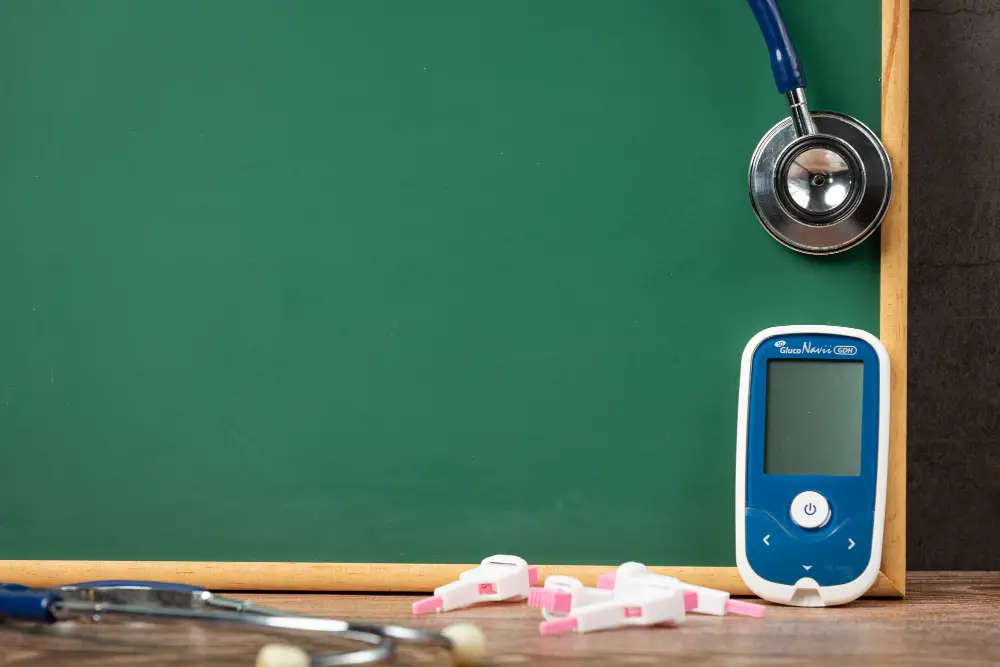
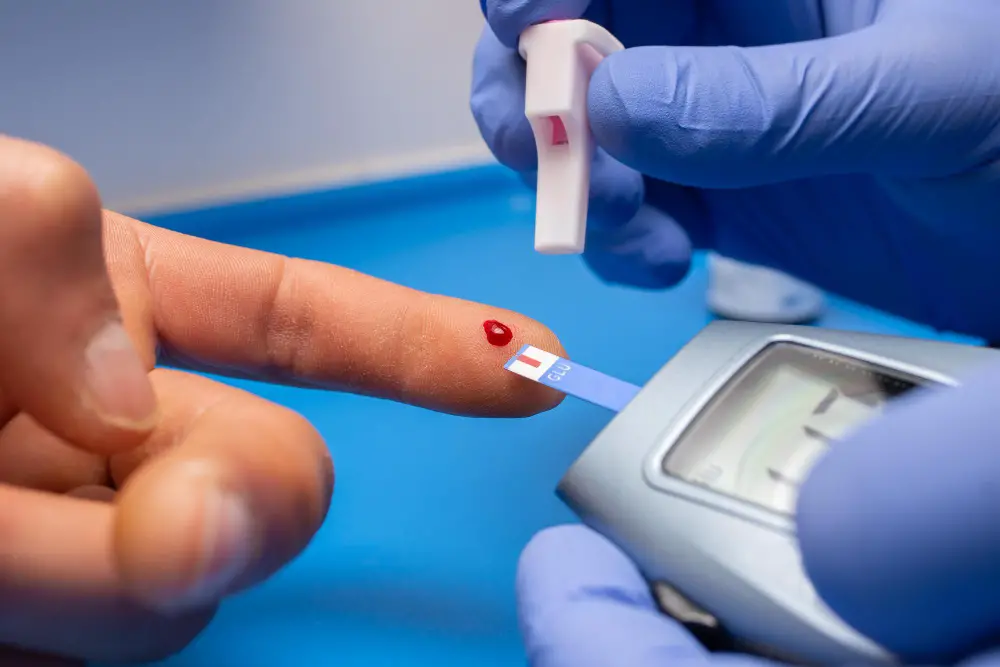
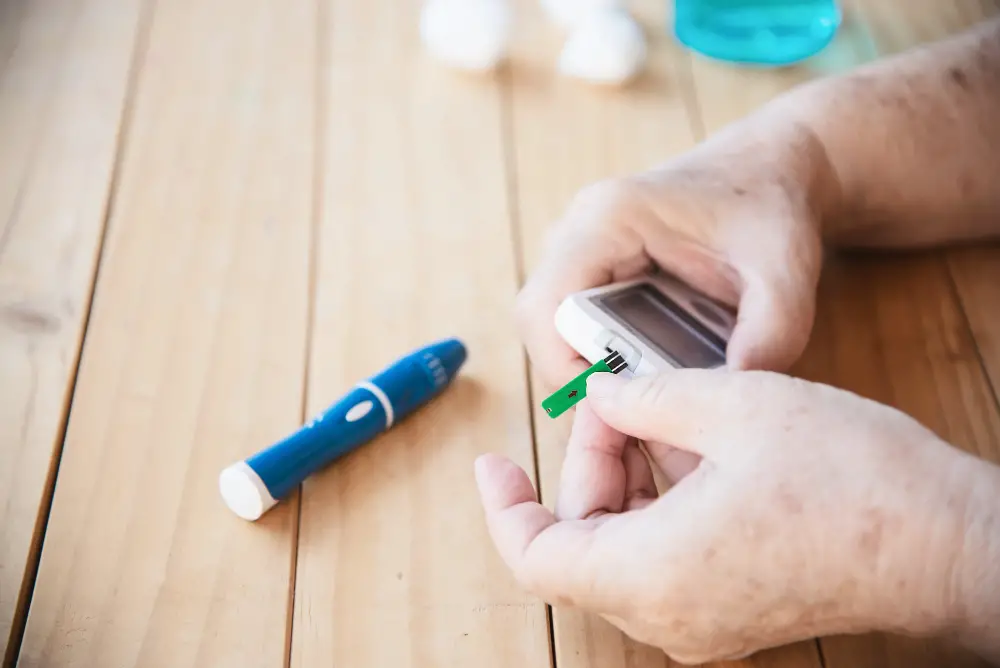
Great post. I was checking constantly this blog and I am impressed! Very helpful information particularly the last part I care for such information a lot. I was looking for this certain info for a long time. Thank you and good luck.
I care for such information a lot. I was looking for this certain info for a long time. Thank you and good luck.